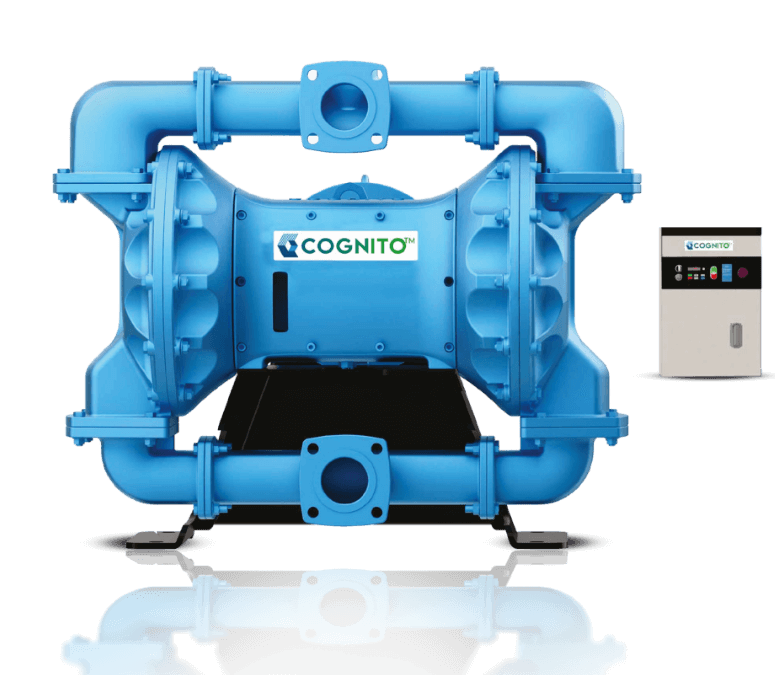The Ultimate Guide to Truck Meter Technology
 |
| The Ultimate Guide to Truck Meter Technology |
Truck metering technology is also known as custody transfer meters. It is essential for accurate measurement and efficient transfer of bulk liquids and gases during transportation. These systems are widely used in industries like:
·
Petroleum
·
Chemicals
·
Food processing
Truck meters offer precise measurement of the
quantity of liquid or gas being transferred. This ensures accurate billing and
inventory management. Many meters come with built-in data logging functions. They
can record information like:
·
Amount
·
Date
·
Time
·
Temperature
One can also remotely monitor and control
advanced systems.
There are several types of truck meters,
including:
·
Positive displacement meters
·
Oval gear meters
·
Coriolis mass flowmeters
Each type has its own strengths. Each is
suitable for different applications.
Truck metering technology offers numerous
benefits, such as:
·
Enhanced accuracy
·
Streamlined operations
·
Prevented spills
·
Compliance with regulations
Truck meters
provide precise data and reduce the risk of errors. They play a crucial role in
various industries.
The Evolution of Truck Metering
Initially, mechanical meters were used to
measure the volume of material passing through them. These early meters were
simple. However, they required frequent maintenance and calibration.
As technology advanced, electromechanical
meters were introduced. They combined mechanical components with electrical
systems. This improved accuracy and reliability. Positive displacement (PD)
meters and oval gear meters emerged as popular choices. They became known for
measuring liquids and gases. PD meters capture and measure precise amounts of
material in each cycle. Oval gear meters measure volume as their interlocking
gears rotate.
Coriolis mass flowmeters
came across in the late 20th century. They offered high accuracy by directly
measuring mass flow rate.
The advent of digital technology led to the
development of smart meters. These incorporated electronic components. They
also offer data logging capabilities. These meters provide:
·
Real-time data
·
Remote monitoring
·
Improved accuracy
They also offered wireless data transmission.
This allowed for immediate analysis and billing.
Advancements in materials and sensor
technology enhanced the durability and performance of truck meters. The future
of truck metering technology involves:
·
Increased automation
·
Advanced data analytics
·
Environmental sustainability
The evolution of truck metering technology
has significantly improved accuracy, reliability, and efficiency. Especially in
the transportation and delivery of bulk materials.
How Truck Metering Works
Truck metering technology relies on several
key components and processes. These collectively ensure accurate measurement
and efficient transfer of bulk liquids and gases. Flow sensors measure the rate
and total amount of material passing through the system. Data logging systems
record information like amount, date, time, and temperature. This information
is crucial for billing, inventory management, and compliance.
Regular calibration ensures the meter's
accuracy and reliability. Modern truck meters often include communication
interfaces. These help in remote monitoring and control. Such features enable
real-time data transmission and efficient management.
Truck metering technology is widely used in
various industries, such as:
·
Petroleum and fuel delivery
·
Chemical transportation
·
Food and beverage production
·
Industrial applications
By effectively measuring and transferring
bulk materials, truck metering technology contributes to:
·
Safety
·
Efficiency
·
Overall operational success
Types of Truck Metering Systems
·
Positive Displacement (PD)
Meters
These are known for their precision. They are
suitable for handling liquids, slurries, and liquefied gases.
·
Turbine Meters
These measure flow rate by detecting the
speed of a rotating turbine. These are ideal for high-flow applications.
·
Ultrasonic Flowmeters
These use sound waves to measure fluid
velocity. They offer non-invasive and accurate measurement. These are also
suitable for a wide range of liquids and gases.
·
Coriolis Mass Flowmeters
These directly measure mass flow rate. They
provide high accuracy across various fluids. They are unaffected by
temperature, pressure, or viscosity changes.
·
Differential Pressure (DP)
Meters
These measure pressure drop across a
restriction to calculate flow rate. They are suitable for water and wastewater
treatment. They are also used in oil and gas applications.
·
Oval Gear Meters
These use interlocking oval-shaped gears to
measure volume. These are ideal for low-viscosity liquids.
·
Rotary Lobe Meters
These use rotating lobes to measure fluid
flow. They are suitable for viscous fluids.
Businesses can choose the right solution to
ensure accurate measurement by understanding the different types of truck
metering systems and their specific applications. These ensure efficient
transfer and compliance with regulatory standards.
Truck Meter Technology by IDEX
IDEX offers a range of truck
metering solutions to ensure accurate measurement and efficient
transfer of bulk liquids and gases. These solutions include positive
displacement (PD) meters, oval gear meters, and Coriolis mass flowmeters.
·
PD meters are known for
their precision. They are suitable for handling liquids, slurries, and
liquefied gases.
·
Oval gear meters are ideal
for low-viscosity liquids like gasoline and diesel fuel.
·
Coriolis mass flowmeters
offer high accuracy for various fluids, regardless of temperature, pressure, or
viscosity changes.
IDEX truck meters are designed for high
accuracy, durability, and ease of use. They often feature data logging
functions and remote monitoring capabilities for efficient operations. These
meters are widely used in industries mentioned earlier in this blog.
Conclusion
Truck metering technology has significantly
evolved over the years. They play a crucial role in ensuring accurate
measurement. They also ensure efficient transfer of bulk liquids and gases.
As technology continues to advance, we can expect further innovations in truck metering, leading to even greater efficiency, accuracy, and sustainability in the transportation and logistics industry.



Comments
Post a Comment